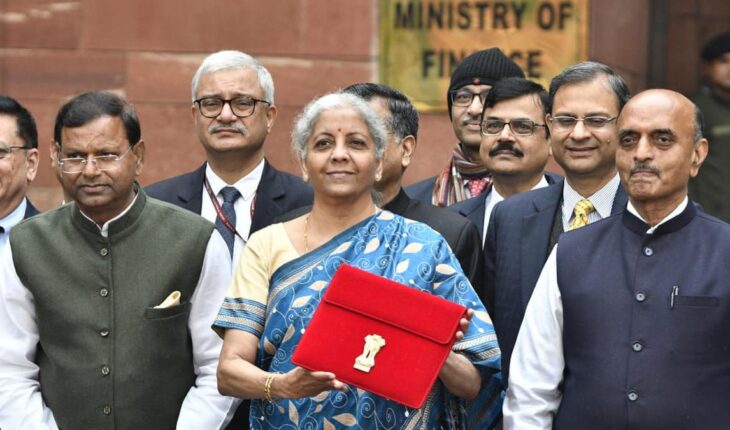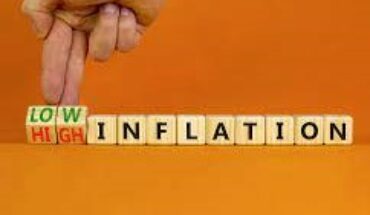In her sixth consecutive Budget speech, India’s Finance Minister Nirmala Sitharaman delivered what felt like a pre-election, self-praising summary of the economic strides made under Prime Minister Narendra Modi’s leadership since 2014. She highlighted overcoming ‘enormous challenges’ through ‘structural reforms, pro-people programmes,’ and creating employment and entrepreneurship opportunities, attributing a reinvigorated economy to the broader reach of development benefits, instilling hope and securing a larger mandate in the past elections. Rather than focusing on specific voter demographics with targeted announcements, Sitharaman opted to emphasize the government’s dedication to ‘an inclusive and sustainable policy approach.’ This approach purportedly achieved a ‘comprehensive GDP’ of governance, development, and performance, underlining a confidence in the Bharatiya Janata Party (BJP)-led government’s return to power and casually mentioning plans for a ‘Viksit Bharat’ by 2047, based on an anticipated ‘resounding’ electoral victory. The Budget plans continue on the path of fiscal consolidation, with a slight improvement in the fiscal deficit as a percentage of GDP and a significant cut in effective capital expenditure. For the fiscal year 2024-25, Sitharaman envisions a tighter fiscal deficit, supported by a projected increase in revenue receipts, despite a more modest rise in capital expenditure than in previous years. While boasting a tripling in capital spending outlays and their impact on growth and employment, the Budget quietly underplays the reduced pace of increase in capital spending next year. However, the Budget’s focus on fiscal prudence amidst the slowest growth in private consumption spending since the pandemic raises concerns about potential risks to economic momentum. The overshadowing challenge remains the growing specter of rising inequality, a critical issue that demands urgent attention if the government wishes to truly fulfill its promises of inclusive and sustainable development.
Budget: Fiscal prudence or growth sacrifice?
Published Date: 03-02-2024 | 1:57 pm





